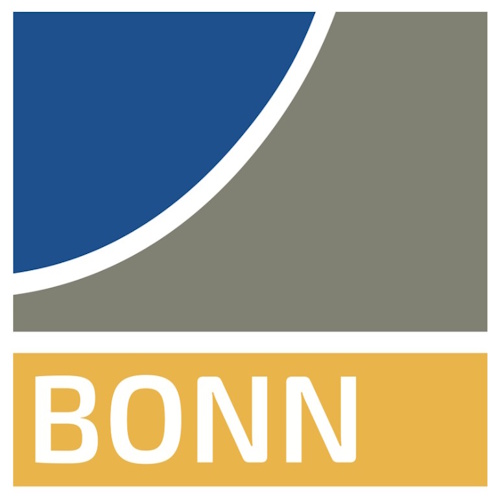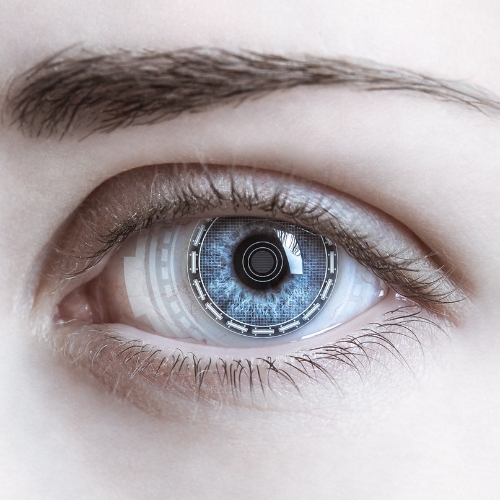Key points from article :
Science Corporation, a neurotechnology startup founded by Neuralink co-founder Max Hodak, has secured over $100 million in new funding—led by Khosla Ventures—to advance its work in brain-computer interface (BCI) technology. The company has now raised more than $186 million in total and is focused on developing neural implants to restore vision, communication, and cognition.
Its most advanced project is a vision restoration system for patients with geographic atrophy, a severe form of age-related macular degeneration (AMD) that causes central vision loss. The technology, known as the PRIMA implant, was acquired from Pixium Vision and includes a tiny wireless device placed beneath the retina, smart glasses with a camera and projection system, and a portable processor to enhance visual input.
The system works by converting images captured by the glasses into near-infrared light, which is then projected onto the sub-retinal implant. The implant, made of hundreds of tiny pixels, transforms this light into electrical signals that stimulate the retina's remaining cells, bypassing damaged photoreceptors and enabling the brain to "see" again.
A European clinical trial led by Professor Frank Holz at the University of Bonn showed encouraging results: patients previously unable to read or recognize faces regained those abilities after receiving the implant. Hodak described it as the first proven case of restoring fluent reading ability in blind patients, signalling a major step forward in BCI-assisted vision restoration. The PRIMA implant is now progressing toward regulatory approval in Europe.








